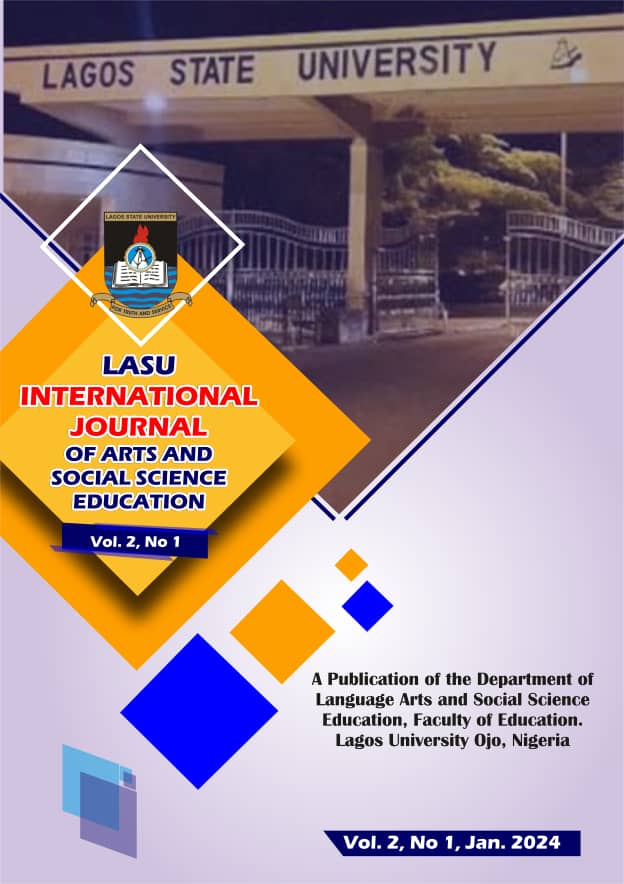EFFECTS OF SPEAKERS’ GENDER ON VOICE ONSET TIME AND CLOSURE DURATION IN ENGLISH STOPS PRODUCED BY HAUSA NATIVE SPEAKERS
The study's goal was to quantify native Hausa speakers' Voice Onset Time (VOT) and Closure Duration (CD) of English stops, with an emphasis on gender variations. Determining the VOT values and CD of the English stop sounds /p/, /b/, /d/, /t/, /k/ and /g/ was the stated goal. Additionally, the impact of gender on the target consonants' VOT values and CD was ascertained. Thirty students in total—fifteen males and fifteen females—were enlisted at Bauchi State University in Gadau to participate in this study. Purposive sampling served as the basis for choosing the participants. This study, which is non-experimental, used speech recordings and a quantitative approach to ascertain the acoustic features of non-native sounds among native Hausa speakers. The task required them to pronounce words that were disyllabic and contained the target sounds while recording their speech with a microphone headset and the PRAAT program. Additionally, a demographic questionnaire was employed to narrow down the population such that only Hausa native speakers would be included in the samples. By determining whether the data was normal, the production task's data was analysed acoustically with SPSS (Version 22). It was discovered that the usage of different vowels had no effect on the VOT's range; nevertheless, the vowels were said to have an impact on the ranges of the three voiceless plosives, /t/, /k/, and /p/. Additionally, it was discovered that the voiced plosives /b/ and /d/ had negative Voice Onset Time based on their spectrograms and waveforms.









